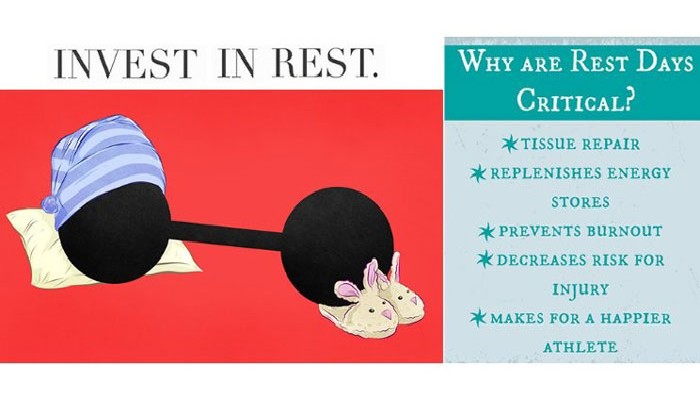
Regression is an important component of training.
A well designed program will have progressions and regressions built in at strategic points to elicit maximum performance. This provides the body necessary time to adapt, readjust and re-tune to changing demands. It allows the body a necessary break as and when needed before moving on further with renewed intensity (scientific principle of overload) thus, helping build capacity and endurance.
It also plays an important role in injury prevention and management.
Continuously pushing intensity and/or through injury is counterproductive and can lead to chronic issues, often causing forced layoffs, either repeatedly or for longer durations. This is especially relevant for athletes. Many who ignore this, despite well-intentioned advice, are left cradling hindsight wisdom.
Common Symptoms
Some common symptoms indicating need for regression are chronic fatigue, lack of good sleep (combination of over stimulation and continuous tiredness), repeated muscular/joint stresses, recurring injuries, mood swings, lack of concentration and digestive issues. Lowered immunity and excessive exercise induced hormonal changes (both men and women) are a reality too. These are indicative of a system demanding an adequate reset.
Your program also needs to address these (over and above any built in the training plan) at an individual level and dynamically. People on medications may need closer monitoring. So, timely regression is actually a vital balancing aspect of any training. As the adage goes, “a stich in time saves nine”.

Leave a Comment